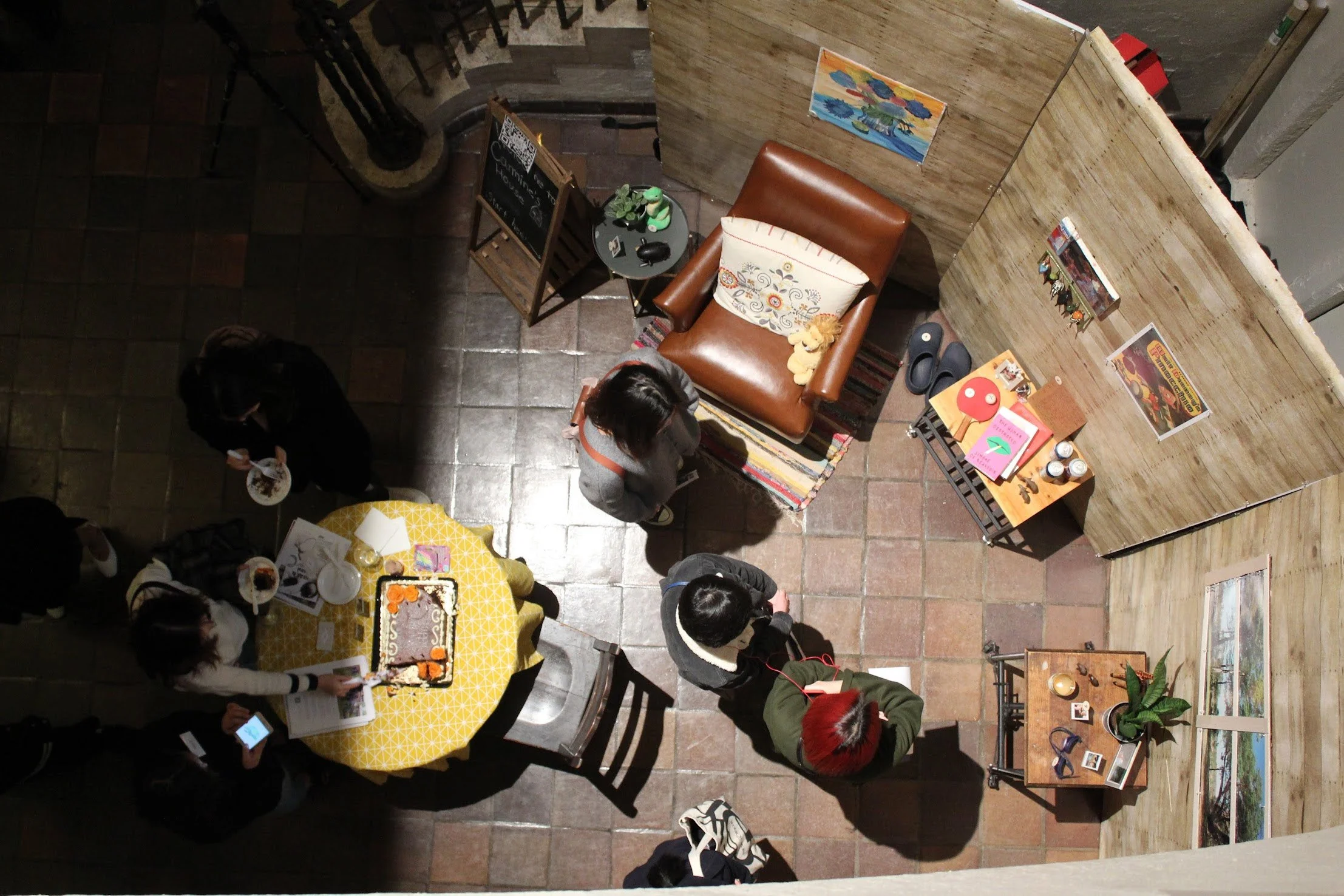Incite’s Oral History MA Program is hiring a new co-director
The Oral History Master of Arts Program (OHMA) at Columbia University invites applications for a full-time appointment as a Lecturer in Discipline, to serve as Co-Director for the Oral History Master of Arts Program. This is a full-time appointment based in Incite to begin July 1, 2026.
The Co-Director will work alongside Amy Starecheski, current Director of the program, pursuing their own research and contributing to the research of the Center for Oral History Research, while also supporting OHMA. Teaching duties will include teaching two core courses per semester such as oral history fieldwork and archiving, theoretical approaches to oral history, histories of oral history, and curating oral histories, advising MA thesis projects and providing academic and professional advising for students and alumni.
Administrative responsibilities for the position will include co-directing recruitment and admissions processes; supervising internship placements; supervising communications and administrative support staff; managing registration and graduation processes; and providing public programming, as well as training and advising on oral history to members of the Columbia community and the public.
Application review will begin Dec 1 and continue until the position is filled.
About OHMA
Columbia’s Oral History Master of Arts (OHMA) is the first and only program of its kind in the United States, a one-year interdisciplinary degree training students to record and amplify first-person stories using a range of technological, creative, and analytical tools. We teach oral history as a practice of co-creating dialogic, critical conversations about the past, in the present, which are oriented towards the future.
Oral history as an academic research practice has deep roots at Columbia, stretching back to the founding of the Oral History Research Office in 1948 by Pulitzer Prize-winning historian and journalist Allan Nevins. At OHMA we are building on that tradition of producing oral histories as primary source documents for the historian’s archive, while also centering creative production, social science inquiry, the oral history practices of indigenous people, and the many traditions of collective critical life history analysis such as popular education, consciousness raising, and testimonio.

